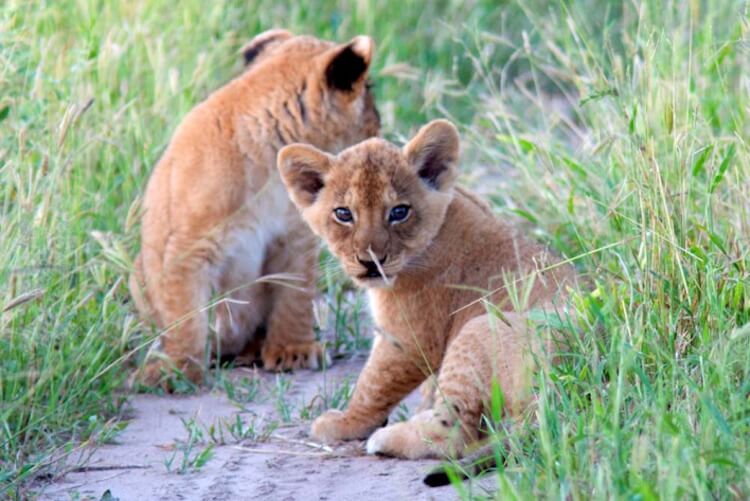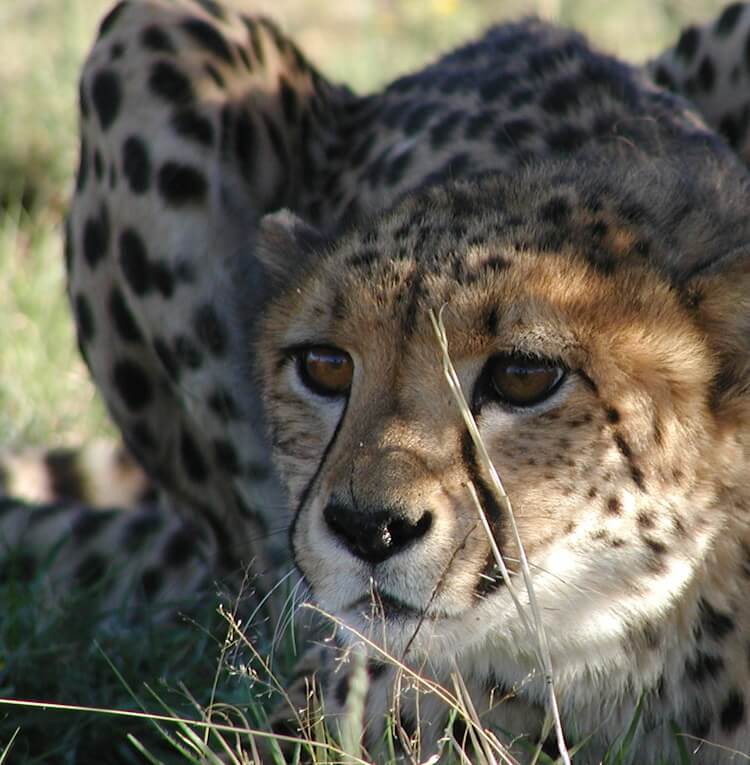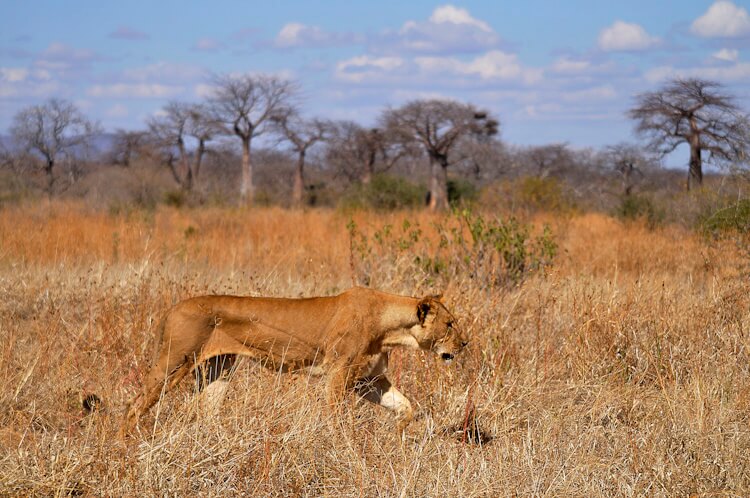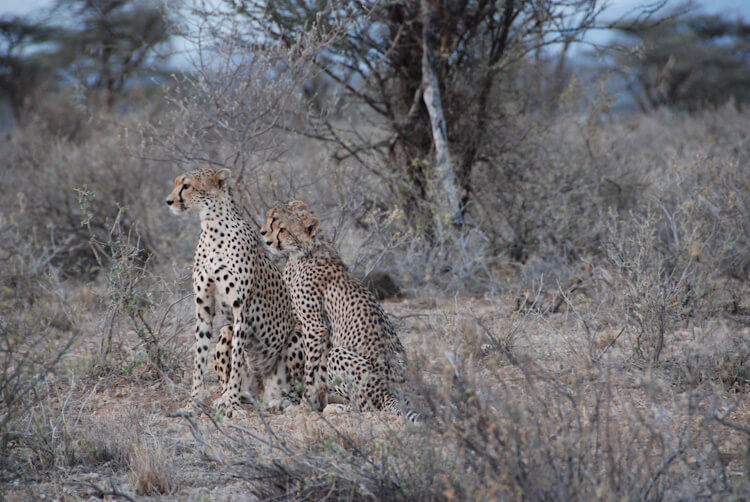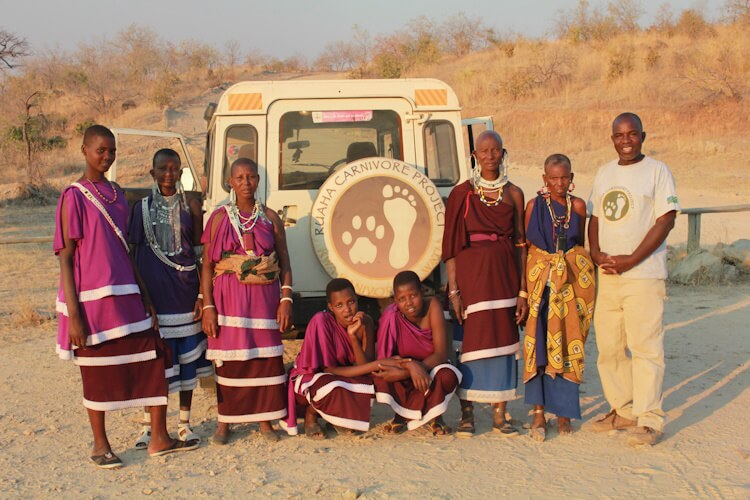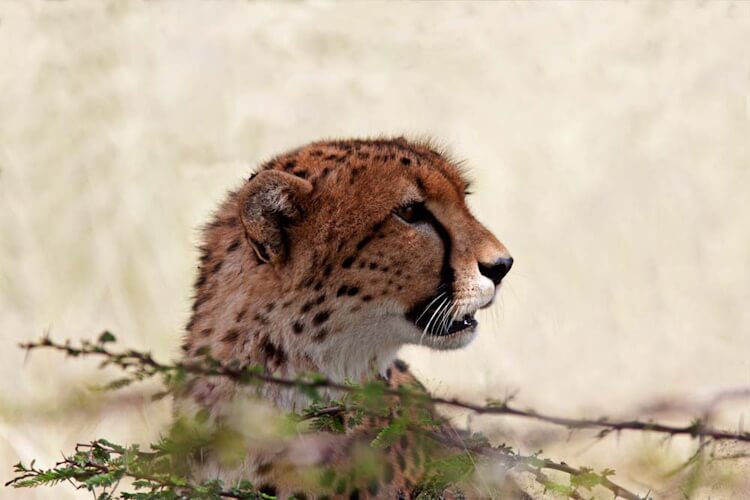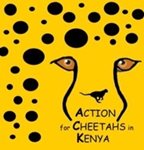They are the majestic symbol of wild Africa, but these big cats have disappeared from more than 80% of their range due to loss of habitat and prey, and conflict with humans.
Lion and cheetah populations have decreased by more than 40% in the last 20 years, and are likely to halve again in the next two decades unless a major conservation effort is mounted to save them. Central to protecting lions and cheetahs is supporting the human communities that share their home in places like Tanzania’s Ruaha landscape, a globally important region for carnivore conservation.
WHAT WE'RE DOING
In partnership with the Ruaha Carnivore Project (RCP), we are working to mitigate human-carnivore conflicts and develop effective, long-term conservation strategies for large carnivores in Tanzania.
Ruaha Carnivore Project studies and monitors large carnivores (lions, cheetahs, hyenas, leopards, and painted dogs) in and around Ruaha National Park and works to address human-carnivore conflicts, helping reduce the negative impacts of carnivore presence by providing important conservation-related benefits to local communities.
Addressing human-carnivore conflicts to help local communities and carnivores coexist
- Livestock guarding dogs, community Lion Guardians and livestock corrals help local villages protect their livelihoods, and as a result attacks on livestock have decreased by 95% and lion killing in the area has decreased by more than 80%.
Making important conservation-related benefits available to local communities
- Making Education, health care and other important community benefits available helps decrease the cost of living alongside carnivores. More than half of local people now say they see benefits from carnivores, up from only two percent prior to RCP programs in the region.
Studying carnivore distribution, abundance and ecology to inform conservation efforts
- Satellite collaring and camera trapping efforts engage local communities in carnivore monitoring and represent the first systematic data ever collected and published on large carnivore distribution, diversity and ecology in the important Ruaha landscape.
MAKE A DIFFERENCE
- Save your broken or used holiday lights and extension cords throughout the year. Bring them to the Zoo over the winter holiday for recycling as part of the Lights for Lions program.
- Learn more about how you can take action and make a difference for lions, cheetahs, and other wildlife.

